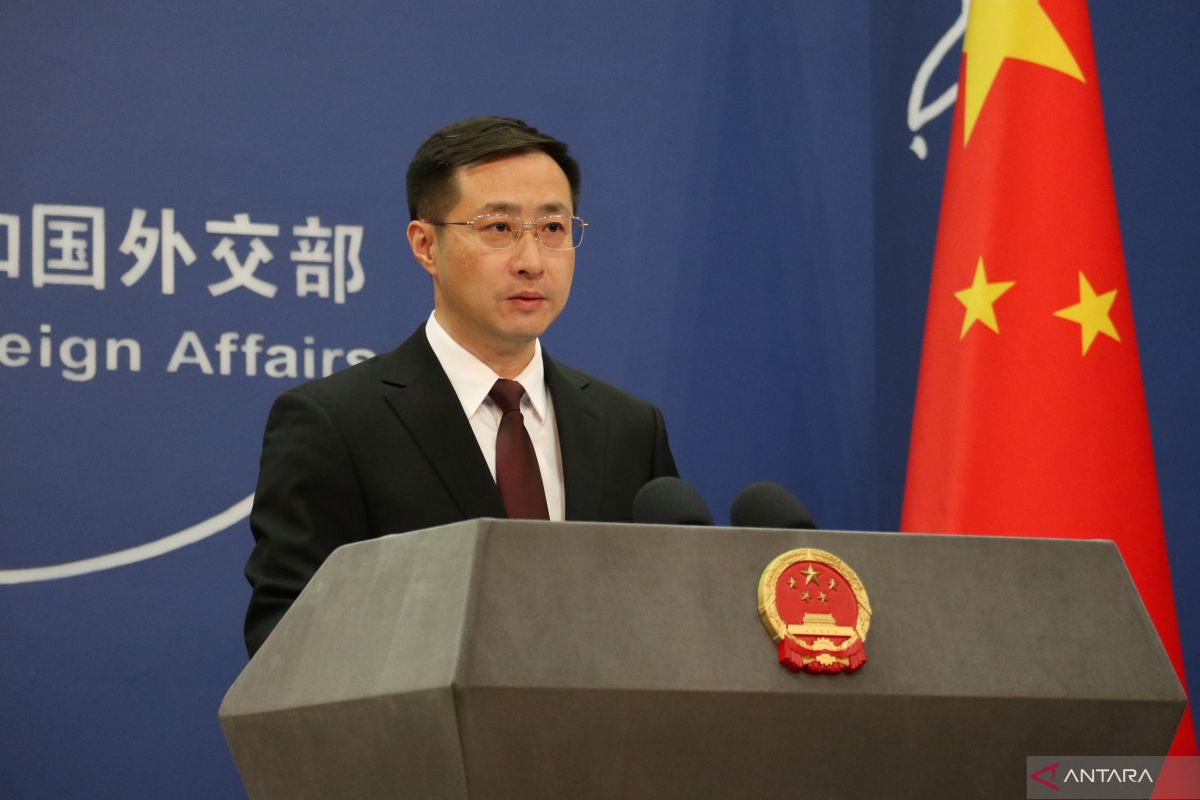
China jelaskan sikap “abstain” atas panel PBB untuk awasi Korea Utara
China’s decision to abstain from a United Nations panel tasked with monitoring North Korea is a significant development in the ongoing efforts to address the nuclear threat posed by the reclusive regime. The decision to abstain from voting on the panel’s establishment reflects China’s complex relationship with North Korea and its cautious approach to international intervention in the region.
China, as North Korea’s closest ally and largest trading partner, has long been hesitant to support measures that could further isolate or destabilize the regime. At the same time, Beijing has expressed its commitment to denuclearization and maintaining peace and stability on the Korean Peninsula.
By abstaining from the UN panel vote, China is sending a message that it is not willing to fully endorse a more aggressive approach to monitoring and enforcing sanctions against North Korea. This decision may be seen as a diplomatic balancing act by Beijing, attempting to maintain its influence over Pyongyang while also avoiding direct confrontation with the international community.
However, China’s abstention does not mean that it is turning a blind eye to the threat posed by North Korea. Beijing has consistently called for a peaceful resolution to the nuclear issue and has supported diplomatic efforts to engage with North Korea. China has also implemented UN sanctions against North Korea and has taken steps to enforce them, though critics argue that more could be done to crack down on illicit trade and smuggling across the border.
China’s abstention on the UN panel vote highlights the complexities of managing its relationship with North Korea and its role in the international community. As tensions continue to simmer on the Korean Peninsula, China’s stance will be closely watched by all parties involved in the efforts to address the nuclear threat posed by North Korea. Balancing its strategic interests with its international obligations will require careful navigation by Beijing in the months and years ahead.